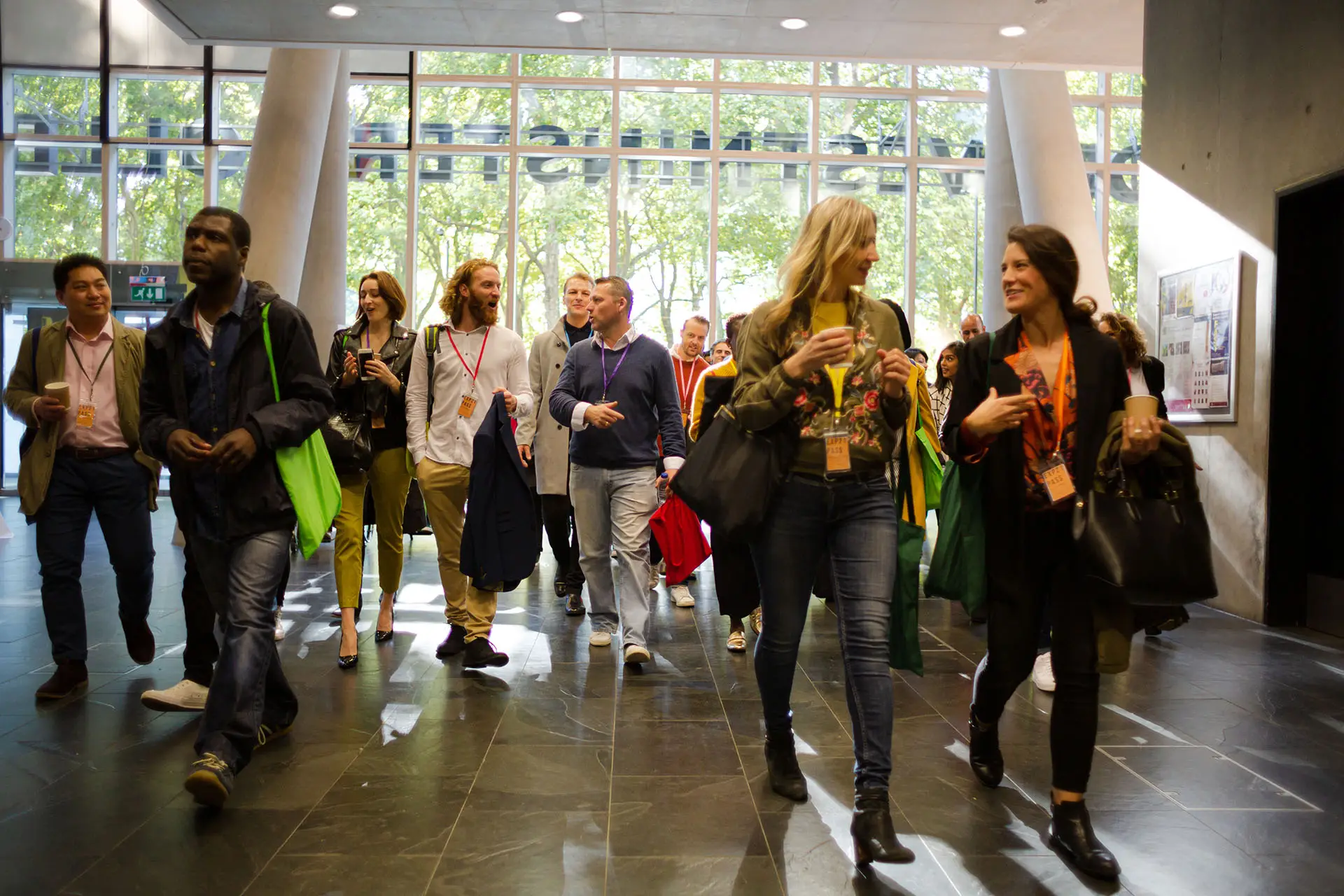How to Run a Successful Event
Running an event can be an excellent way to raise your business profile. Whether it’s an informative workshop, training programme, exhibition, charity fundraiser or something else, there are simple steps common to all events that, if followed, will give it the best possible chance of success.
The first thing you must do is be clear in your own mind about the purpose of the event. As with all objectives, having a clear vision of the event and its purpose will make it easier to focus your efforts and help ensure resources are not wasted. This step should be completed well in advance so that you have ample time to organise the event properly—nine months before the proposed date is a good rule of thumb.
Once you have that clear vision, I recommend a sanity check with someone you trust. Go through your thought process and plans with a colleague or friend to ensure you haven’t missed anything obvious. Before this conversation, make sure you’ve done some local market research so that, for example, you’re aware of any similar events taking place. Gauge interest with your target audiences (delegates, exhibitors, sponsors) and ensure your proposed pricing is appropriate.
Sourcing the Venue
Next, secure a venue. Many a good idea has fallen short because an appropriate venue wasn’t available at the right time or location. Discuss your plans thoroughly with the venue to ensure they are aligned with your vision. Will there be enough parking? Do you need catering and if so, who will provide it? How many rooms are required and when will you need access for set-up? A helpful venue with a positive attitude will make everything easier.
Marketing the Event
With a clear idea and a suitable venue in place, it’s time to start marketing. Leave enough time to promote the event—it will take multiple messages and channels to generate a response from your target audiences. As with any marketing, define your target markets and tailor your efforts accordingly. This might include email campaigns, leaflet drops, social media, networking, word of mouth and traditional advertising.
It’s important to understand that you’ll be marketing to more than one audience, each requiring different messages. Attracting exhibitors, for example, is very different from securing delegate attendance, yet both are needed for the event to succeed. There’s nothing worse than a room full of exhibitors with no visitors to view their products and services.
Ensuring good delegate numbers is often more challenging than securing exhibitors and sponsors, so it helps to partner with other groups. If you’re running a charity event, ask the charities you’re supporting to assist with marketing. Request exhibitors and sponsors spread the word and consider partnering with networking groups to attract their members. There are many ways to spread the load of attracting visitors.
Contingency Planning
As your marketing campaign progresses, you’ll begin to receive feedback on the likely success of the event. Be sure to have contingency plans in place for both higher and lower attendance than expected. What additional marketing can you implement if necessary? Do you have an alternative venue? Are there other organisations you could collaborate with? Have back-up plans to cover all the scenarios you can foresee.
Contingency plans are also essential for the event day itself. For example, what if a speaker doesn’t show? What if the caterers let you down? Always have alternative options ready to be called upon. It’s also important to ensure you have enough staff to run the event. If someone needs to dash out for last-minute supplies, everything should still appear seamless to delegates and exhibitors.
Follow-Up
A simple follow-up after the event to thank exhibitors, sponsors and attendees is a good way to close things off and gather feedback. This allows you to find out what went well and where improvements could be made if you’re planning another event. After all, if this one was a resounding success, why wouldn’t you want to do it all again?
How to Run a Successful Event
By following these simple steps—starting your planning early, understanding your target markets and spreading the workload—running a successful event doesn’t need to be overwhelming. The benefits in terms of raising your business’s profile and credibility can be immense. Plus, you’ll be providing a valuable service to the community, helping charities and supporting local businesses. The potential wins are numerous and significant.





